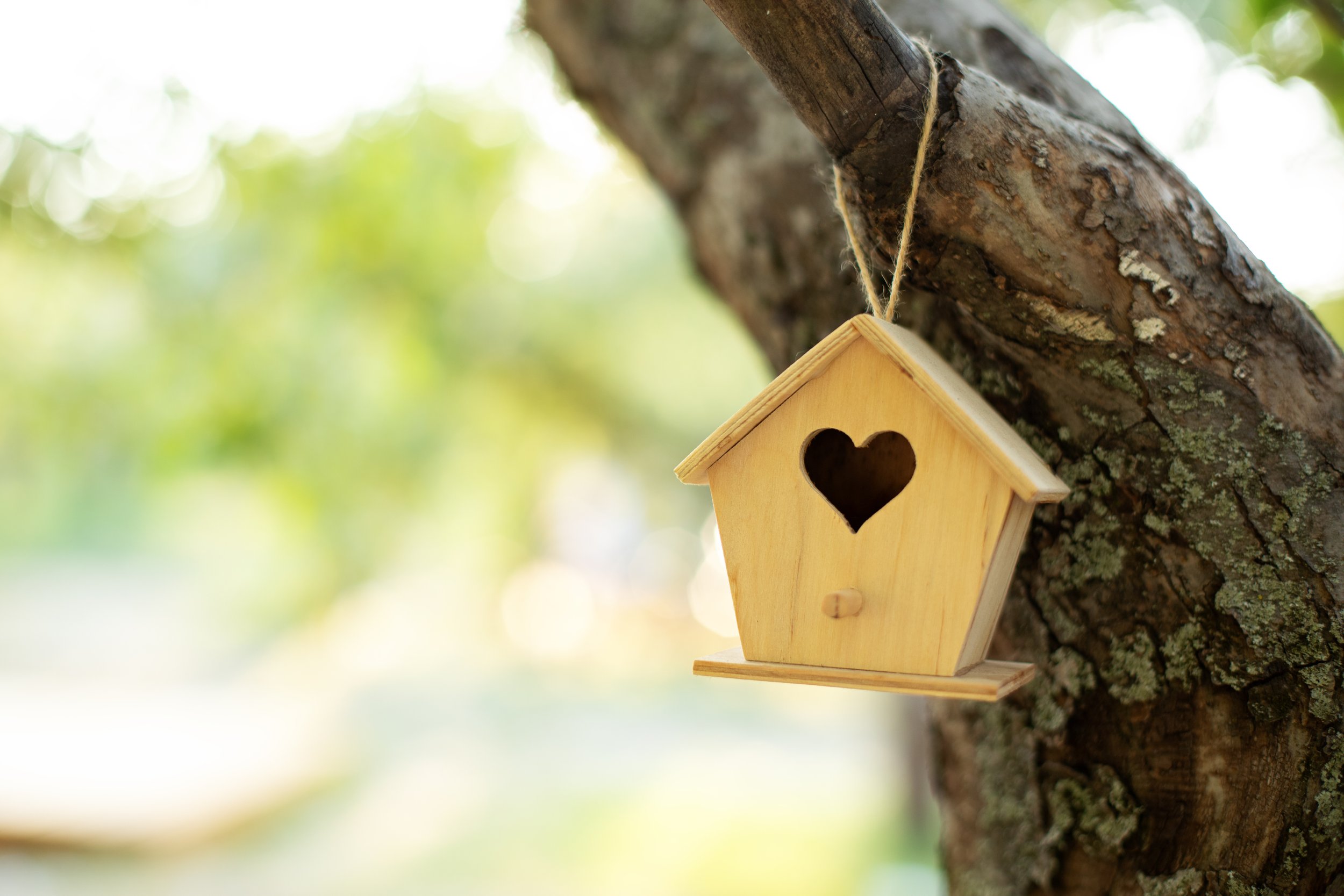
Programs

By involving students throughout the entire process of these initiatives, we foster a deeper understanding and appreciation for nature and the environment, empower them to take an active role in creating a more sustainable future, and encourage the younger generation to become responsible stewards of the planet.
Contact us to learn more about scheduling FROST initiatives at your school or organization.
Bee Pollination Garden Project
Students learn about environmental responsibility and the importance of supporting bee populations as they design and create their own mini pollination gardens using recycled materials.
The gardens could be placed around their school/community grounds, creating a beautiful and educational display while providing food and water for bees.
Students will:
Learn about bee-friendly plants and their role in pollination
Build small garden plots and plant native pollinators
Decorate porcelain cups to collect rain water for bees to drink
environmental responsibility, creativity, recycling, upcycling, beautification
Bird & Bat Sanctuary Project
Students establish, develop, and maintain a bird sanctuary in an area on or near their school grounds.
Students will:
Learn about local bird species, their habitats, behaviors, and the importance of bird sanctuaries for conservation
Identify a suitable area on or near school grounds that can be turned into a bird sanctuary
Research, select, and plan native plants
Build birdhouses, nesting boxes, or simple platforms for birds to rest and nest
Install bird baths or shallow containers of water
Set up and maintain bird feeders
Observe and document the bird species that visit the sanctuary
Create informative signage for the sanctuary
Learn to care for the sanctuary by weeding, pruning, and keeping the area clean
School involvement:
Encourage students, teachers, parents, and the local community to visit the sanctuary, raising awareness and appreciation for bird conservation.
Develop bird-themed learning activities such as bird watching challenges, art projects, and writing assignments that further engage the children with the sanctuary.
Encourage ongoing care by assigning a group of students as "Bird Sanctuary Ambassadors" who are responsible for monitoring and maintaining the area.
research, gardening, construction, creativity, observation, responsibility, writing, community building, ownership, promotion
Energy Audit Project
Students perform an energy audit of their school building, and make and measure changes based upon the data they collect.
The gardens could be placed around their school/community grounds, creating a beautiful and educational display while providing food and water for bees.
Students will:
Learn about energy, energy sources, energy use, and environmental impact
Learn what an energy audit is
Identify areas in their school where energy is used
Record information about equipment, lighting, appliances, HVAC, windows and doors
Compile, review, and analyze the data collected
Identify areas where energy is being used excessively or inefficiently
Choose a few energy-saving solutions and start implementing them
Create posters, presentations, or announcements to raise awareness about energy conservation in the school
School involvement:
Perform a follow-up audit to see if energy usage has decreased. Discuss the results and celebrate any improvements.
Discuss what the students learned from the audit and how they can apply these lessons in their daily lives.
brainstorming, data collection, observation, promotion, environmental responsibility, sustainability
Public Space Cleanup Project
Students select a local municipal space that needs attention and organize a community clean-up.
Students will:
Set a date(s) for a cleanup event and work backward to create a timeline that includes planning, promotion, and execution phases
Collect necessary cleaning and safety supplies
Recruit volunteers from the community
Promote the cleanup event(s)
Coordinate, educate, and encourage volunteers
Plan event logistics
Manage the cleanup: assign tasks, assist, have fun
Document the cleanup and share in reports and promotional materials
Celebrate the volunteers
Gather feedback from volunteers and assess the impact of the cleanup
School involvement:
Continue building on the momentum of the cleanups.
Advocate for policies that support environmental protection and sustainability in your community.
Keep past volunteers informed about upcoming events, environmental news, and opportunities to stay involved.
Maintain an active online presence to share updates.
planning, community involvement, marketing, leadership




